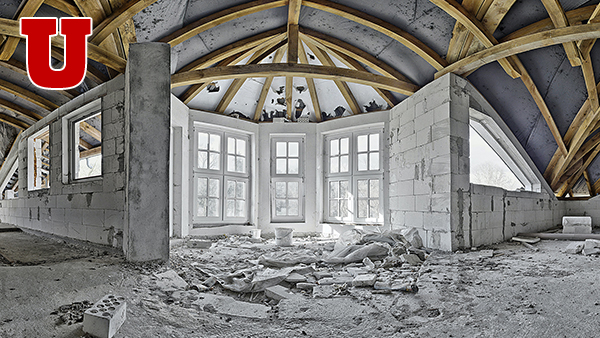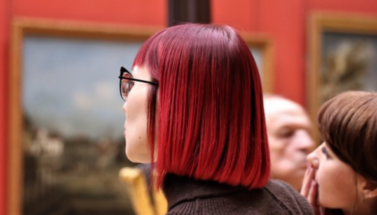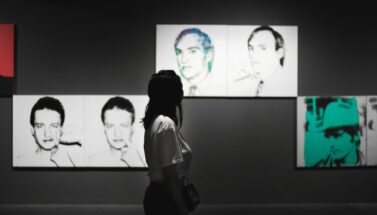Redefining Museums: Curatorial Theory and Practice for a New Era
In 2022, the International Council of Museums (ICOM) changed the definition of a museum to be an “accessible and inclusive” institution “in the service of society”. This new definition focuses on the ethics and participation of communities with the aim of “education, enjoyment, reflection and knowledge sharing”.
This course will explore these new transformations in contemporary museum practices and critically address what might be expected of such institutions in the future.
Moving from the foundational definitions of what museums are and do in relation to curatorial practice, the course will explore critical contemporary topics such as decolonization of exhibitions, gender representation, ethical sponsorship debates, as well as working relationships within the institutional culture.
We will also discuss social engagement strategies and participatory outreach programmes, curating socially engaged art, community collaboration and co-creation of exhibitions using digital platforms.
Drawing on the history of the development of museums from the early collections to the contemporary multi-faceted institutions that we are familiar with today, the course concludes with a re-evaluation of the newly established definition of museums, as well as provide insights into the curatorial challenges and dynamics that new models may hold.
This course is for curators and individuals interested in working with museums. The classes draw on both historic and contemporary case studies from civic museums to private art foundations within an international context. We will take a practical and interactive approach, with exercises each week and a workshop-like discussion in the final session.
- Introduction to the program and course overview.
- Post-critical museology; new museum theory and practice.
- The transforming nature of museums and the role of the curator in the 21st century.
- An attempt to redefine curatorial practice within cultural institutions in times of transition.
- In what ways are museum architecture and exhibition design changing in response to the above?
- How are collections being diversified?
- Curators, collections and the co-creation of exhibitions.
- Socially engaged art, curatorial practice and online strategies in community outreach.
- The role of contemporary curating in diversifying public programmes and the use of interactive tools.
- Shared authority in curating: using digital platforms to invite diverse local community groups to participate in co-creating exhibitions.
- At your local museum or community cultural/art centre, what would exhibition co-creation and shared curatorial authority look like?
- Uncomfortable museums and the ethics of curating: colonialism, minorities, gender narratives, trauma representation: A presentation of different case-studies of contemporary museums and relevantly-themed exhibitions within museums.
- A critical look into the history of collections and group representation within museums.
- Where the money comes from; the ethics of funding and sponsorship in creating museum exhibitions.
- Curatorial practice as museum activism: Can curating be a form of activism within institutions to address contemporary issues and conflicting histories?
- Towards a new definition of the museum and the future of curatorial practice within the institution
- A review of case studies, new design and new strategies
- This session will have a workshop format with discussion from all participants





